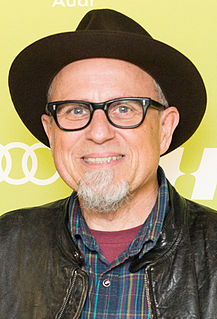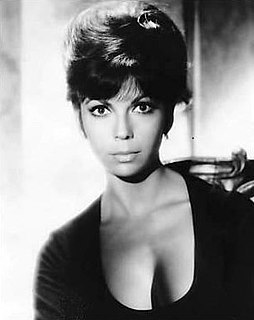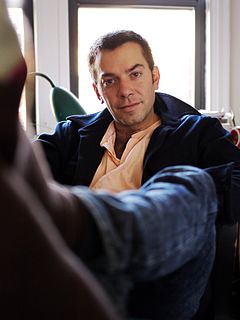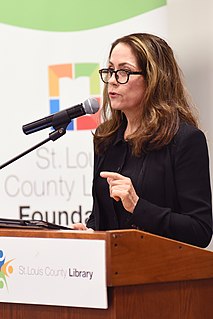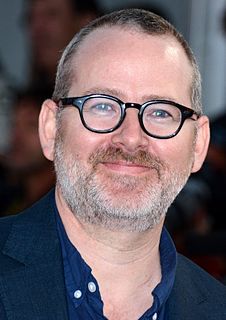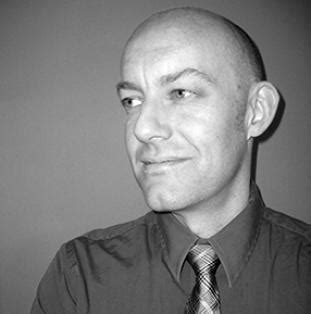A Quote by Neal Ascherson
Broadly speaking, most people lived their lives in a kind of unwilling conformity. The thing was that they were offered, as time went by, various kinds of freedom, most of which were sort of dummy freedoms somehow.
Related Quotes
Hardly a man in the world has an opinion upon morals, politics or religion which he got otherwise than through his associations and sympathies. Broadly speaking, there are none but corn-pone opinions. And broadly speaking, Corn-Pone stands for Self-Approval. Self-approval is acquired mainly from the approval of other people. The result is Conformity.
The strange thing about my life is that I came to America at about the time when racial attitudes were changing. This was a big help to me. Also, the people who were most cruel to me when I first came to America were black Americans. They made absolute fun of the way I talked, the way I dressed. I couldn't dance. The people who were most kind and loving to me were white people. So what can one make of that? Perhaps it was a coincidence that all the people who found me strange were black and all the people who didn't were white.
The newspaper stories were like dreams to us, bad dreams dreamt by others. How awful, we would say, and they were, but they were awful without being believable. They were too melodramatic, they had a dimension that was not the dimension of our lives. We were the people who were not in the papers. We lived in the blank white spaces at the edges of print. It gave us more freedom. We lived in the gaps between the stories.
To be listened to is, generally speaking, a nearly unique experience for most people. It is enormously stimulating. It is small wonder that people who have been demanding all their lives to be heard so often fall speechless when confronted with one who gravely agrees to lend an ear. Man clamors for the freedom to express himself and for knowing that he counts. But once offered these conditions, he becomes frightened.
Not only was Dan Cooper likely an alias, but many people suspected at the time were people living under assumed names. The '50s and '60s were a time when some people were desperate to leave their lives. They felt trapped in their marriages or their jobs, and they were seeking freedom. And one of the ways to do that, because technology wasn't advanced as it is today, was just to take over somebody's name.
I got recruited to join a research team at SCL group which, at the time, was a British military contractor based in London. Most of its clients were various ministries of defense in NATO countries. And what we were looking at is how to use data online to identify people who would be likely targets of different extremist groups.
Both my parents were agnostic. My mother was kind of a Buddhist. She had some spiritual tendencies, but they were kind of flaky - New Agey, you know? Which is partly why I'm suspicious of that sort of thing. I'm skeptical of any spiritual practice that doesn't involve other people and doesn't involve some sort of consistent tradition.
The show with Buckley and Vidal was happening live. There was no editing. There was no delay. So they were aghast. How America reacted is sort of the most interesting thing because as these debates progressed, the ratings were going up. So people began to program these sort of point-counterpoint setups, where two people with opposite sides would come on.
This planet has - or rather had - a problem, which was this: most of the people living on it were unhappy for pretty much of the time. Many solutions were suggested for this problem, but most of these were largely concerned with the movement of small green pieces of paper, which was odd because on the whole it wasn't the small green pieces of paper that were unhappy.
Me and my wife had somehow finally reached a moment in which our lives made sense, in which we were comfortable in certain material ways, and in that very moment we were faced with a medical situation that could only really be resolved with death or time. Suddenly we had become these people who didn't drink anything but kale, who ended many of our conversations with tears, and for whom no future was guaranteed. It was kind of funny.






